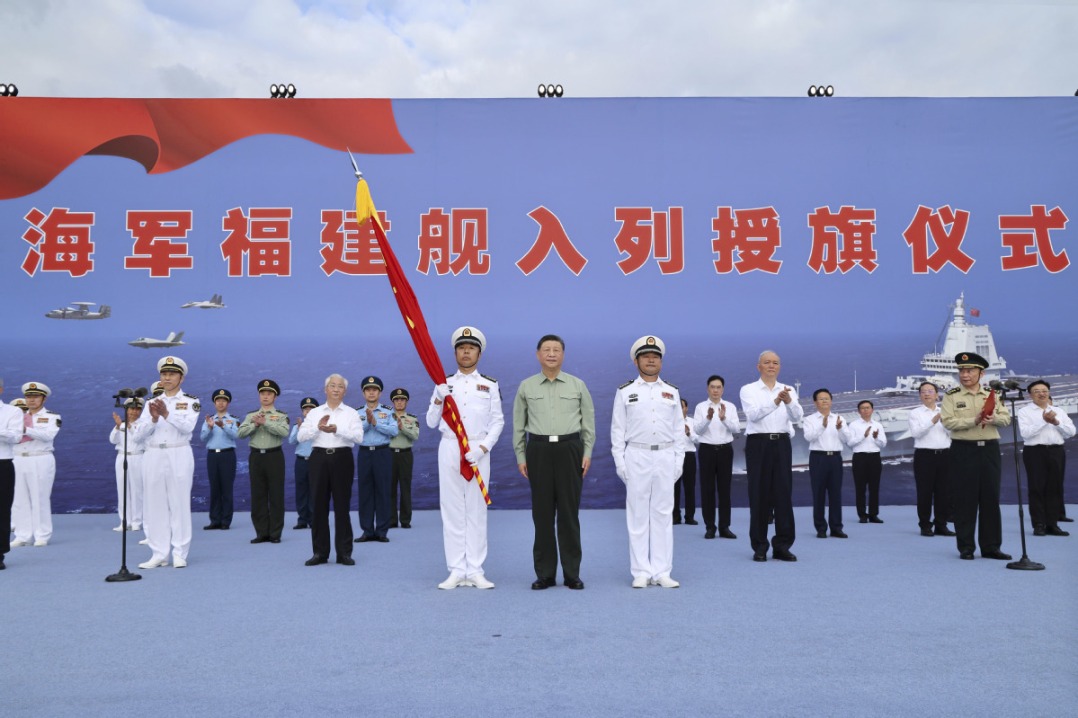Japan wins another award for its disgraceful climate efforts
China Daily | Updated: 2023-12-07 08:14

At the ongoing 28th session of the Conference of the Parties to the United Nations Framework Convention on Climate Change in Dubai, the United Arab Emirates, Japan has been conferred the "Fossil of the Day" award for its commitment to "doing the most to achieve the least" to curb global warming.
The "award" was presented by the Climate Action Network, an international environmental group, at a mock ceremony. Kyodo News Agency described it as "disgraceful". Japan had won the "award" in 2011 too, and then again at the Doha climate conference in 2012 for its refusal to participate in negotiations for the second commitment period (2013-20) of the Kyoto Protocol. In 2013, the Japanese government announced that it would increase greenhouse gas emissions by 3.1 percent by 2020 from the 1990 levels, rather than fulfill its original pledge to cut emissions by 25 percent. Japan won the "prize" in 2014 and 2016 for building 50 new coal thermal power plants and assisting Indonesia in building coal power plants. In 2017, some developed countries, including Japan, collectively won the "award", and Japan won the title again in 2019, 2021 and 2022.
Japan won the "award" this year for promoting a "new idea" for reducing emissions. Because it failed to develop hydrogen energy, Japan is turning to ammonia, believing that when used together with fossil fuels, ammonia can effectively reduce carbon emissions. At the climate summit in Dubai on Friday, Japanese Prime Minister Fumio Kishida specifically promoted the new approach. However, the Climate Action Network said that burning hydrogen and ammonia alongside fossil fuels such as coal and natural gas would extend the life of coal-fired power stations and slow the transition to renewable energy across Asia.
Japan's increasingly politicized energy strategy is causing it to vacillate over which energy sources to develop, from a half-hearted stance toward the Kyoto Protocol, to its active joining of the "Indo-Pacific Green Alliance" system under the "Indo-Pacific Economic Framework", and to its intransigent discharge of nuclear-contaminated water into the sea. Such practices have affected Japan's cooperation in the field of new energy with other countries.
-BEIJING NEWS
























